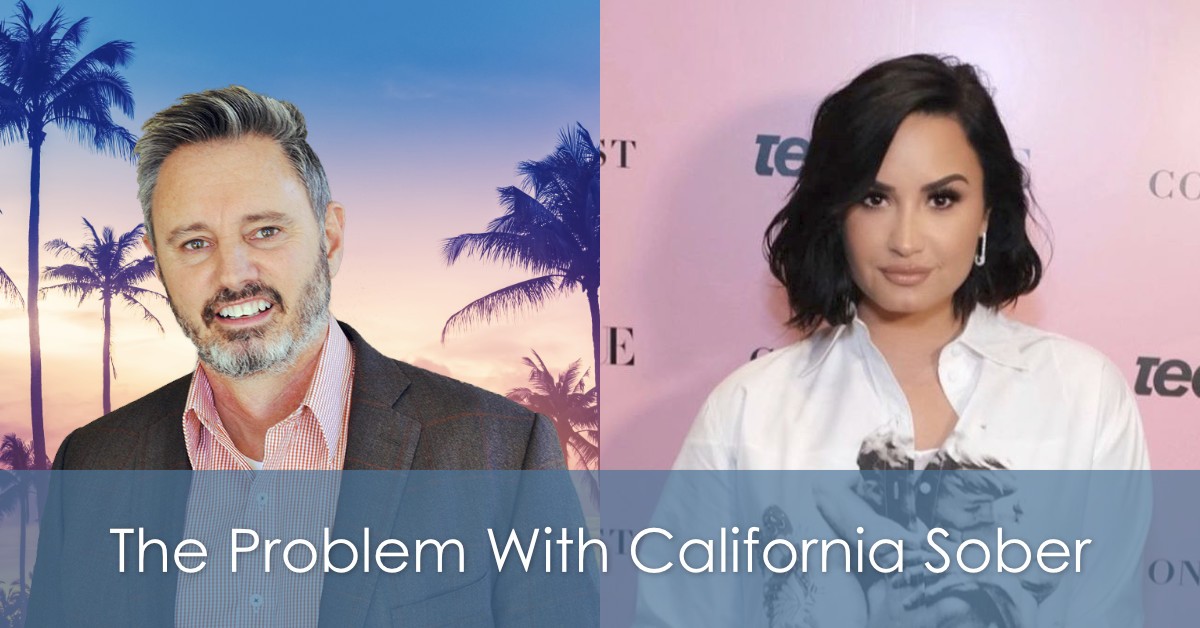
The Problem With the Term “California Sober”
California Sober is Not Sobriety At All Singer Demi Lovato has recently caused quite a stir. In her new documentary called “Dancing with the Devil,”

California Sober is Not Sobriety At All Singer Demi Lovato has recently caused quite a stir. In her new documentary called “Dancing with the Devil,”
We accept most private health insurance plans to help reduce out of pocket expenses. Call our Admissions Team to receive a free insurance check and we will review your insurance plan
substance abuse coverage with you.
Provider ID 330116BP
Expiration Date: 12/31/2024
Provider ID 330116BP
Expiration Date: 12/31/2024
Provider ID 330116BP
Expiration Date: 12/31/2024